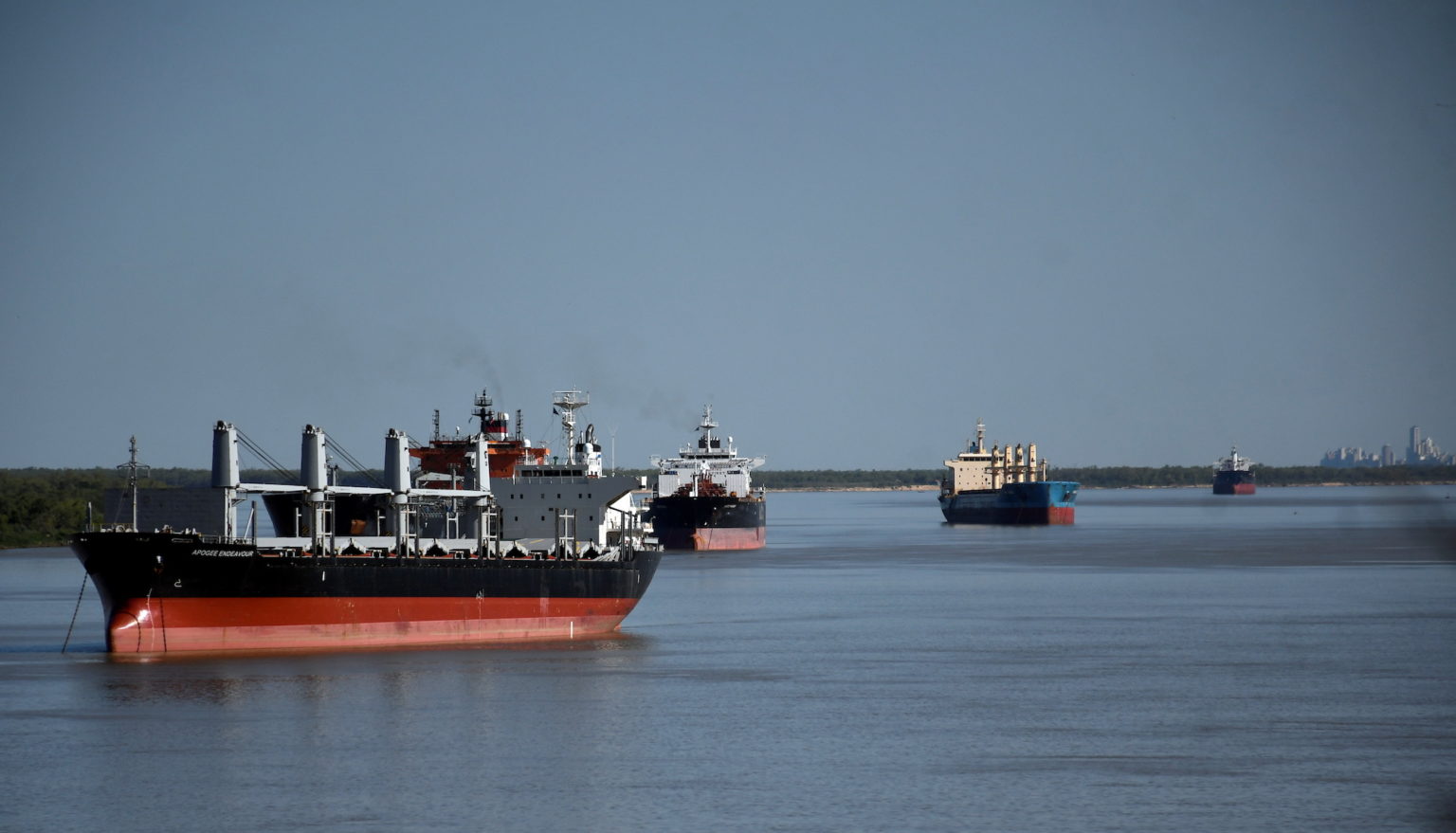UA Agricultural Ministry announced new mechanism for queuing and increasing vessel tonnage for Grain Corridor

The mechanism of queueing for inspections of large cargo vessels, increasing their tonnage, long-term planning of the work of marine terminals and operators, and the timing of the introduction of new rules were discussed at a meeting of the Coordination Council for Logistics in Agriculture chaired by the Minister of Agrarian Policy and Food of Ukraine Mykola Solskyi.
The meeting was also attended by representatives of the Ministry of Infrastructure, the Ministry of Economy, the Ministry of Finance, the Verkhovna Rada Committee on Agrarian and Land Policy, the Secretariat of the Cabinet of Ministers, the State Border Guard Service, the Ukrainian Sea Ports Authority, ACC, EBA, UGA, UCAB, UAC, and market participants.
According to the Ministry of Infrastructure, due to the slowdown in JCC inspections of vessels in the Bosphorus bound for Ukraine under the grain deal, a queue of 108 vessels formed as of February 9. A total of 177 vessels have been declared by operators and transferred to the coordination center.
In order to reduce downtime and increase exports, the Coordination Council members proposed to increase the minimum tonnage of vessels. In particular, for grains – from 20 thousand tons to 25 thousand tons, for oil – from 6 thousand tons to 10 thousand tons, for meal – to remain unchanged (15 thousand tons).
The Coordination Council members, having considered the market proposals, proposed to introduce new rules for those vessels that are not yet waiting in line. Given the average number of inspections – 2.5 vessels per day – it is expected that the new rules will have an effect on increasing shipments in a month and a half.
Regarding the mechanism of queuing for inspections of heavy cargo ships, it was agreed that the existing quota mechanism is optimal. It was decided to plan the work of terminals and operators for at least a month, which will reduce the downtime of ships through better planning of their approach to the Bosphorus.
Given the complexity of the situation and the need for time to process the proposals, it was agreed to hold another discussion of this issue at the next meeting of the Coordination Council.
Read also
Wheat in Southern Brazil Impacted by Dry Weather and Frosts
Oilseed Industry. Leaders and Strategies in the Times of a Great Change
Black Sea & Danube Region: Oilseed and Vegoil Markets Within Ongoing Transfor...
Serbia. The drought will cause extremely high losses for farmers this year
2023/24 Safrinha Corn in Brazil 91% Harvested
Write to us
Our manager will contact you soon



